If you’re self-employed, sorting out your annual self-assessment return may well be something that you put off for as long as possible. If this sounds like you, you’re not alone! HMRC data shows that in 2023, over 778,000 taxpayers left their self-assessment return for the 2022/23 tax year until deadline day and nearly 33,000 people left it until the final hour before filing.
Leaving things until just before the deadline can certainly have its drawbacks though. Some of these can include:
- Rushing to fill in the return at the last minute can mean it’s easier to make mistakes.
- You don’t know exactly how much tax or national insurance (and student loan, if applicable) is due until HMRC does your calculation, so it can make it more difficult to make sure you have enough set aside to pay before the deadline.
- It can be very stressful when the deadline is looming.
- It means you don’t have time to sort out any last-minute questions or uncertainties – and missing the deadline means a fine, at the very least.
In this article, we look at five main reasons to file early, which can make self-assessment deadline day drama a thing of the past.
- You get early sight of the tax bill that is coming
While the self-assessment deadline is the end of January following the tax year concerned, you can actually file it as soon as the tax year has ended and get your tax calculation there and then. For example, for the 2023/24 tax year, which ends on 5th April 2024, you can file your return from 6th April 2024, so that you know exactly how much is due to be paid to HMRC by January 31st 2025. You’ll also find out what your payments on account will be for the following tax year.
You absolutely don’t need to pay anything early just because you file the return early – your payment deadline remains the end of the following January. This gives you time to budget for how much you owe and makes sure that there are no nasty surprises at the last minute.
- You won’t get penalised for submitting a late return
If you miss the January 31st deadline for submitting your self-assessment, you will get an instant £100 fine. You are then fined every day you fail to submit it for another 90 days and further fines are due after that if you still haven’t done so.
By filing early, these fines simply won’t happen. However, you still need to remember to pay HMRC any monies owed by the January 31st deadline, including any payments on account due for the following tax year.
- You have time to speak to HMRC if needed, before you miss the deadline
If you’ve ever tried to get in touch with HMRC by phone in January, you’ll know that it’s no easy task. The self-assessment helplines can be busy all year, but especially so in the run up to deadline day.
If you start filing your self-assessment early, you will have time to get any of your questions answered before it hits peak time. If you also need to gather certain paperwork, such as bank statements, invoices and expense receipts, you’ll also give yourself time to do this if you’re not rushing around just before the deadline.
- If you’re due a tax refund, you can get it quicker
There can be several reasons why you might be due a tax refund, especially if you have an employed role as well as being self-employed, or have changed jobs or roles within the last tax year. If your taxable profits have gone down for the last tax year but you haven’t reduced your payments on account, you could also be due a refund.
If you file early, all of this is calculated at that time, so you’ll know that you have a refund coming if one is due and can request it to be paid to you through the online portal. It often takes a few weeks for HMRC to process tax refunds, but at least you’ll know if one is on its way and how much it is.
- You have time to find the right professional help, if you need it
While it’s certainly possible to complete your self-assessment return on your own, many of those who are self-employed prefer to get professional help to do this, giving them peace of mind that everything is accurate and done on time.
Trying to find a good accountant as the self-assessment deadline looms can be very difficult indeed, as it’s one of the busiest times of year for experienced accountants. By taking your time to find the right accountant and starting the self-assessment filing process earlier, you can make sure that you choose an accountant that can offer the support you need. If you’d like some assistance with your self-assessment return or any other personal or business tax help, we can help. Get in touch with us to find out more.
